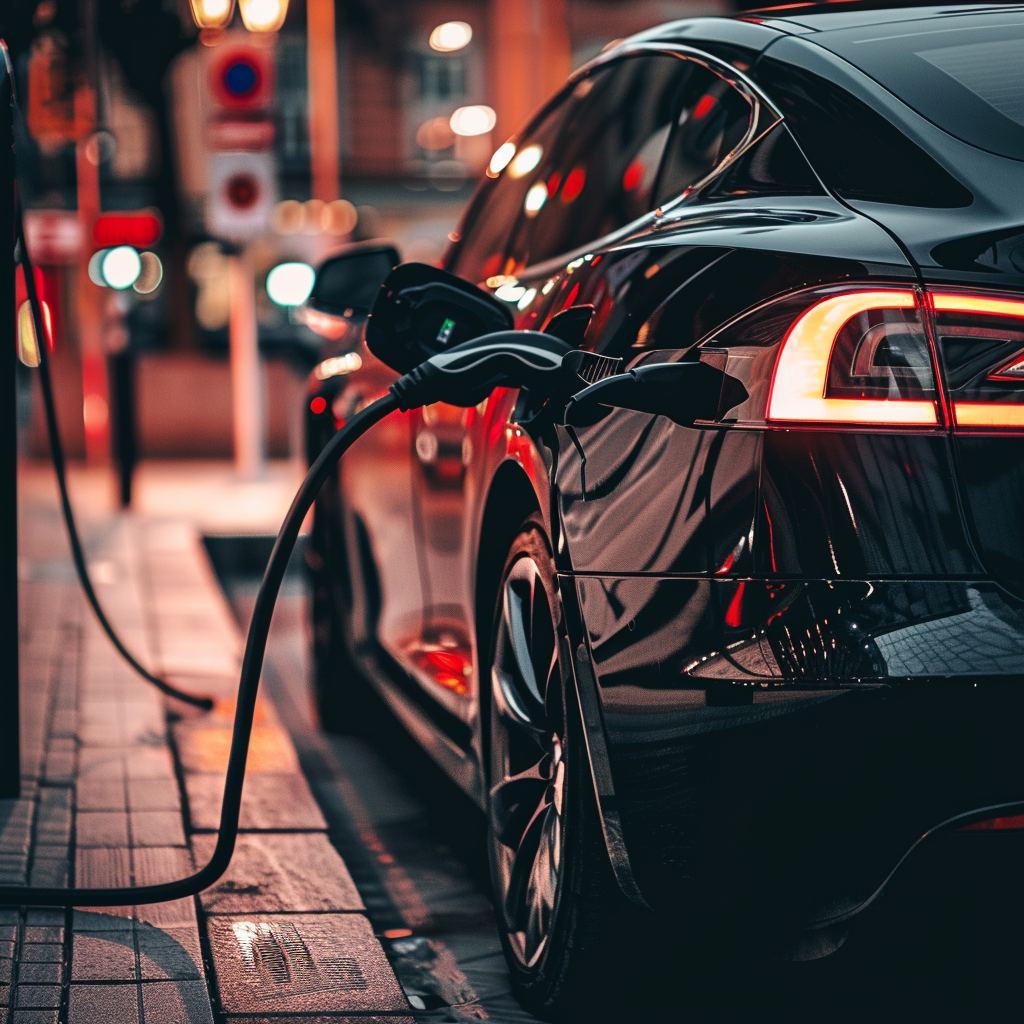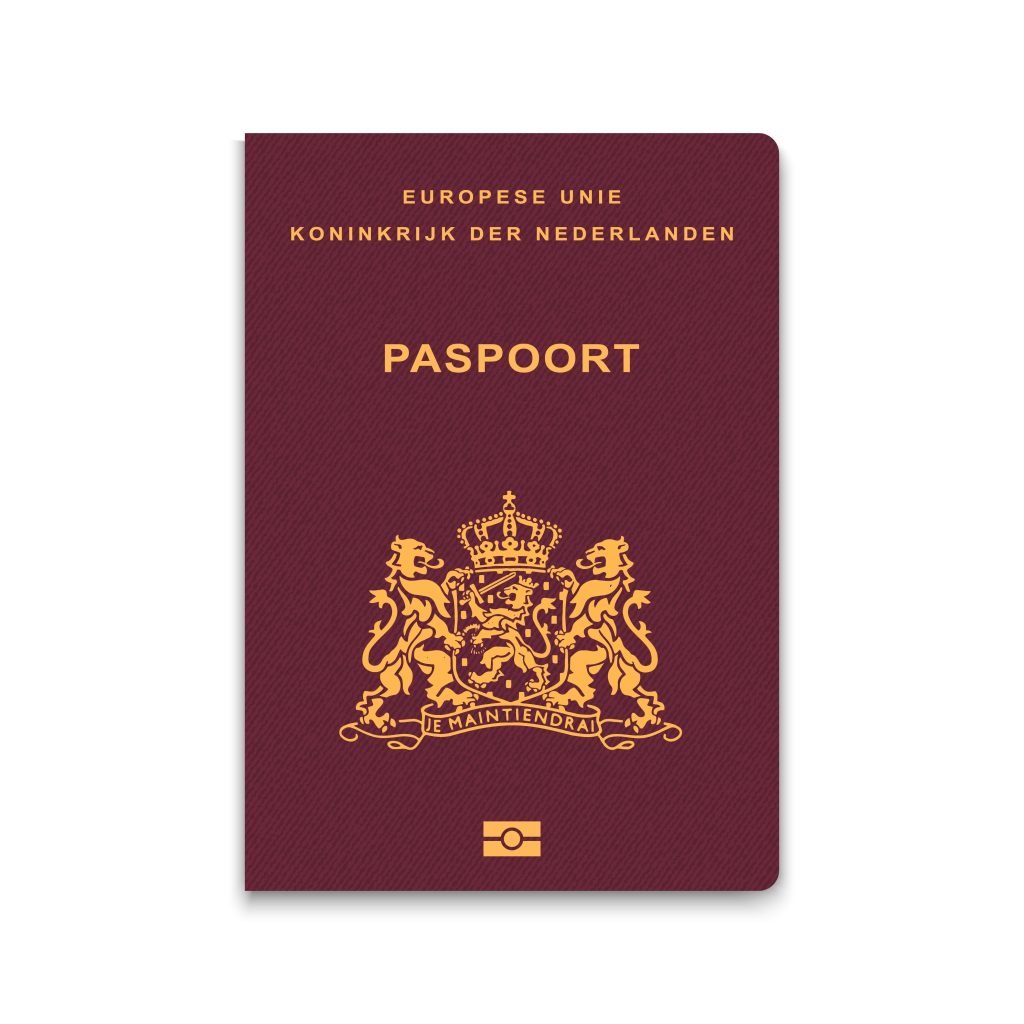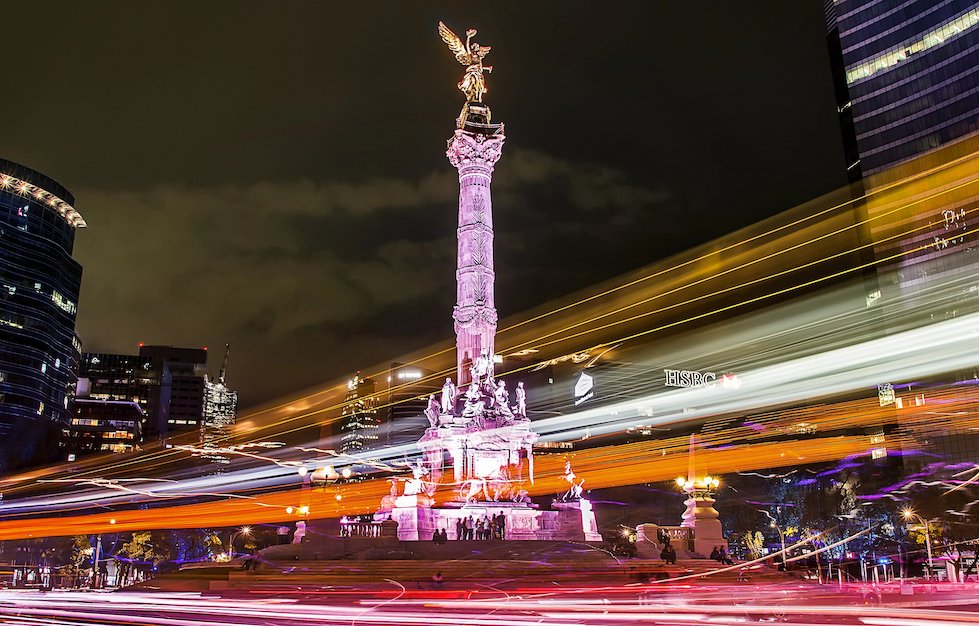March 11, 2011
Denver, Colorado, USA
Watching the events unfold in Japan and Libya has probably given a lot of people reason to consider their own safety, wherever they live. “What if that happened where I live?” is a perfectly natural question to ask when faced with wall-to-wall coverage of horrible devastation.
It’s true that no place is perfect, and there are always going to be some risks wherever you are in the world, whether it’s California, Indonesia, or London… but if you’ve been thinking about a move overseas, and the events in Japan and Libya have you wondering which countries run the lowest risk of destruction, read on.
* To be clear, what follows is not an exhaustive list, just a few countries that stand out as being particularly low risk for destructive natural disasters, nuclear meltdown, terrorism, or Qadaffi tactics.
1) Uruguay. This fairly small nation in South America is home to few, if any, natural disasters. There is occasional flooding, but not the sort of thing that makes international headlines for its massive destruction. There are no earthquakes, hurricanes, volcanic activity, etc. There are also no nuclear plants in the country.
Uruguay also has a small, ethnically homogeneous population with a poorly funded government that’s incapable of financing totalitarian control of its people. Uruguay’s fascist military government is part of its unfortunate past, not its brighter future.
2) Poland. Devoid of any nuclear power plants, Poland also suffers negligible natural hazards except for a biting winter cold. The country has a strong, thriving economy and barely felt the effects of the global recession– if the US caught the flu, Poland had a minor case of the sniffles.
Poland’s government is well-funded, however as a former communist nation, Polish society stands firmly against any hit of authoritarianism. Poland also has limited exposure to the Islamic immigration crisis that is plaguing much of Western Europe.
3) Singapore. In terms of natural disasters, Singapore is in the fortunate position of being encased by Borneo on one side and Malaysia to the other. As such, any typhoon or tsunami activity goes through those locations first. By the time they get to Singapore, it’s a tame tropical depression with great surf conditions.
It’s true that Singapore’s society is diverse… but the country has a history of harmonious multiculturalism. And, despite the fact that small things like spitting are offenses, this is one of the last places in the world where the market-oriented government would turn on its people.
4) Estonia. Like Poland, Estonia lacks any real natural disasters (except cold weather) and has no nuclear facilities of its own. Estonia is also devoid of any elements of extremism or deep ethnic conflict within its borders.
Estonia’s government is market-oriented and transparent, running a tight operation that has no room in the budget for massive police agencies and constant monitoring.
5) United Arab Emirates. You might think I’m going out on a limb here, but I would consider UAE to be a safe place from disaster. In terms of natural hazards, UAE’s biggest problem is the occasional sand storm, nothing serious.
Its first nuclear power stations are not scheduled to come online for another several years, and they will be sparing no expense to implement the latest, safest technology.
Given what else is happening in the Middle East, you might question whether the UAE would, in fact, jump on the bandwagon of opening fire on its own people. Bear in mind a few things-
First, the various emirates that make up the UAE are essentially autonomous, and the national government is very decentralized with limited power.
Second, the UAE is already the ‘freest’ place in the Middle East with limited grumblings about further reform.
Third, and most importantly, foreigners in the major emirates outnumber locals by a wide margin– in Dubai, for example, 71% of the population is comprised of foreign expats; even the police forces are made up of South Asians (Indians, Pakistanis), not local Emiratis.







